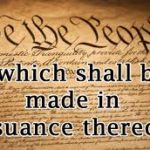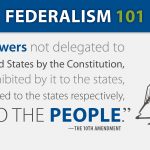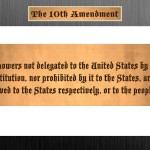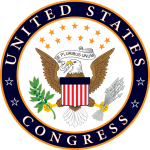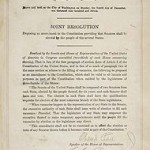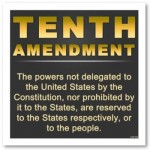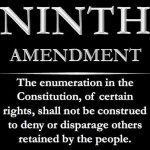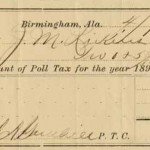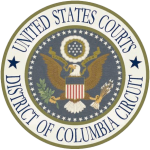Article VI of the US Constitution is used often by government officials and pundits, when they are trying to justify significant federal power grabs. Since 9/11, we have seen many runs on constitutional rights through legislation that chooses to arbitrarily decide which rights need to go, so that they (Uncle Sam) can keep us […]
Federalism, Separation of Powers, and Judicial Independence
Federalist #78 highlights the importance of judicial independence, and the role that it plays in our nation’s system of checks and balances. Alexander Hamilton believed that the court needed to be independent in order to have the authority and ability to shut down legislation that gives the federal government extraconstitutional authority through the usurpation […]
Tenth Amendment and Nursing Equals The Most Respected Profession
The United States Constitution has many 21st century impacts on our daily lives that are almost never thought about. At a time of growing federal regulation of our lives, there remain areas of life where the 10th Amendment, reserving power to the states is alive and well. The nursing profession is among them. Due to […]
Checks and Balances, Protecting Liberty Beyond Separation of Powers
The Founding Fathers were extremely suspicious of the concentration of government power in a single person or small group of people. To protect against concentrated power they designed the Constitution to separate the powers of government into three branches: legislative, executive and judicial, and divided sovereignty between the federal government and the states. For the […]
The Seventeenth Amendment: Destroying State Sovereignty
From 1789 to 1913 the power to choose United States Senators was vested by the Constitution in the State legislatures. The Seventeenth Amendment altered the process by providing for direct election of Senators by the people. This fundamentally altered a carefully balanced power structure built into the unamended Constitution that served important purposes: to limit federal power […]
The Tenth Amendment to the US Constitution
“The Tenth Amendment is the foundation of the Constitution.” – Thomas Jefferson Among the questions raised by opponents of the Constitution during the ratification debates was the lack of an express limit on federal power, and that it would be a danger to individual freedoms and to the powers of the states. In response to […]
Constitution’s Ninth Amendment: Protecting Unenumerated Rights
On September 17, 1787 the drafting of the American Constitution was complete. The proposed document was not without its detractors and several delegates who participated refused to sign the document.[1] A major objection was the lack of specific protections for individual freedoms. The document provided that it would become effective with the ratification of nine […]
Constitution’s 18th Amendment: Prohibition Leads to National Police Force
Amendments to the US Constitution have generally been of three types: expansion of citizen protections from government interference with their lives, providing greater participation in the process of government or technical government organization. Only the Eighteenth Amendment acted as a restriction on freedom and it has been the only amendment repealed. The Bill of Rights set specific […]
Constitution’s Twenty-Fourth Amendment: Ending Poll Taxes
After the Civil War, the vote was extended to members of all races by virtue of the 15th Amendment. In the former Confederate states, various laws were passed to inhibit the voting of former slaves. Among those laws were “poll taxes” requiring a payment to the government prior to voting. Constitution Provided for States to Determine […]
Halbig & King, Not Just About Obamacare, But Who Makes Our Laws
Obamacare is clearly not out of the legal woods, as demonstrated by the Federal Appeals Court decisions of Halbig v. Burwell[1] and King v. Burwell[2] both decided on the same day and reaching different results. In Halbig the court found that the IRS had written law rather than enforced it and the King court found […]
